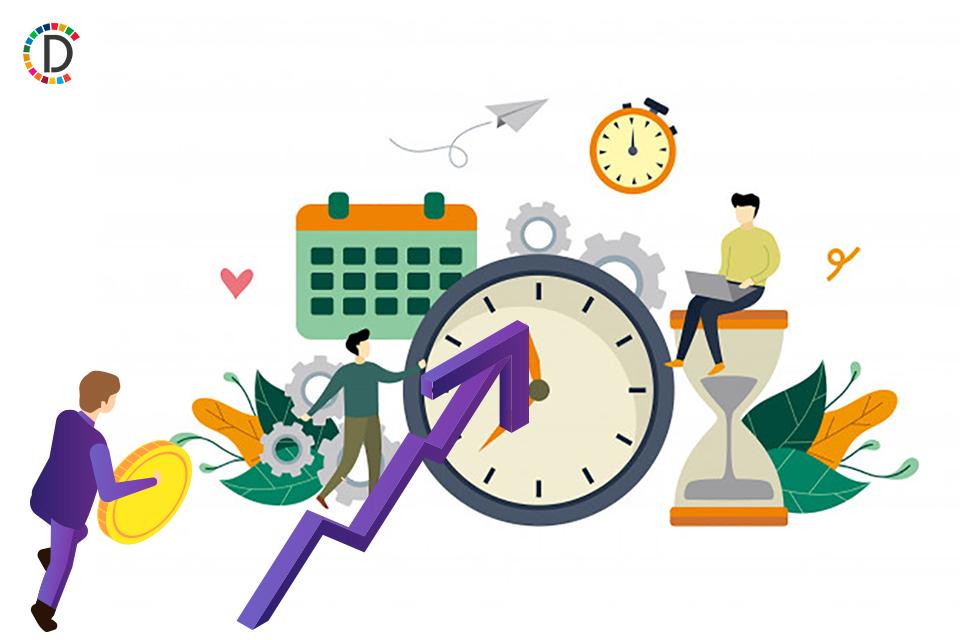South Asia's Green Transformation: A Call for Collaboration
The South Asia Economic Summit emphasized sustainable and inclusive development through a green economy. Key figures stressed regional collaboration to tackle climate change and economic inequality. The summit highlighted the insufficient climate finance reaching the least developed countries, urging joint action for the region's vulnerable communities.

- Country:
- Nepal
The South Asia Economic Summit wrapped up on Friday, emphasizing the urgency for sustainable and inclusive growth anchored in a green economy. The event saw participation from economists, policymakers, and civil society leaders across South Asia.
Commerce Minister Damodar Bhandari urged collaborative efforts to address climate change and development challenges facing the region. Highlighting these issues, Nepal's central bank Governor Maha Prasad Adhikari stressed the importance of resource mobilization for economic transformation through a green economy.
Govinda Bahadur Karki, from Nepal's Ministry of Commerce and Industries, shared shocking statistics: less than 3% of global climate finance reached the least developed nations. As a response, the summit emphasized the necessity for regional cooperation to combat economic inequality and climate change.
(With inputs from agencies.)
ALSO READ
Diplomatic Drama at Baku: The Unresolved Debate Over Climate Finance
COP29: Semantics Overshadow Solutions in Climate Finance Talks
Developing countries' obligations depend on fulfilment of two important aspects -- climate finance and climate justice: India to ICJ.
New climate finance package for Global South agreed at COP29 in Baku too little, too distant: India to International Court of Justice.










